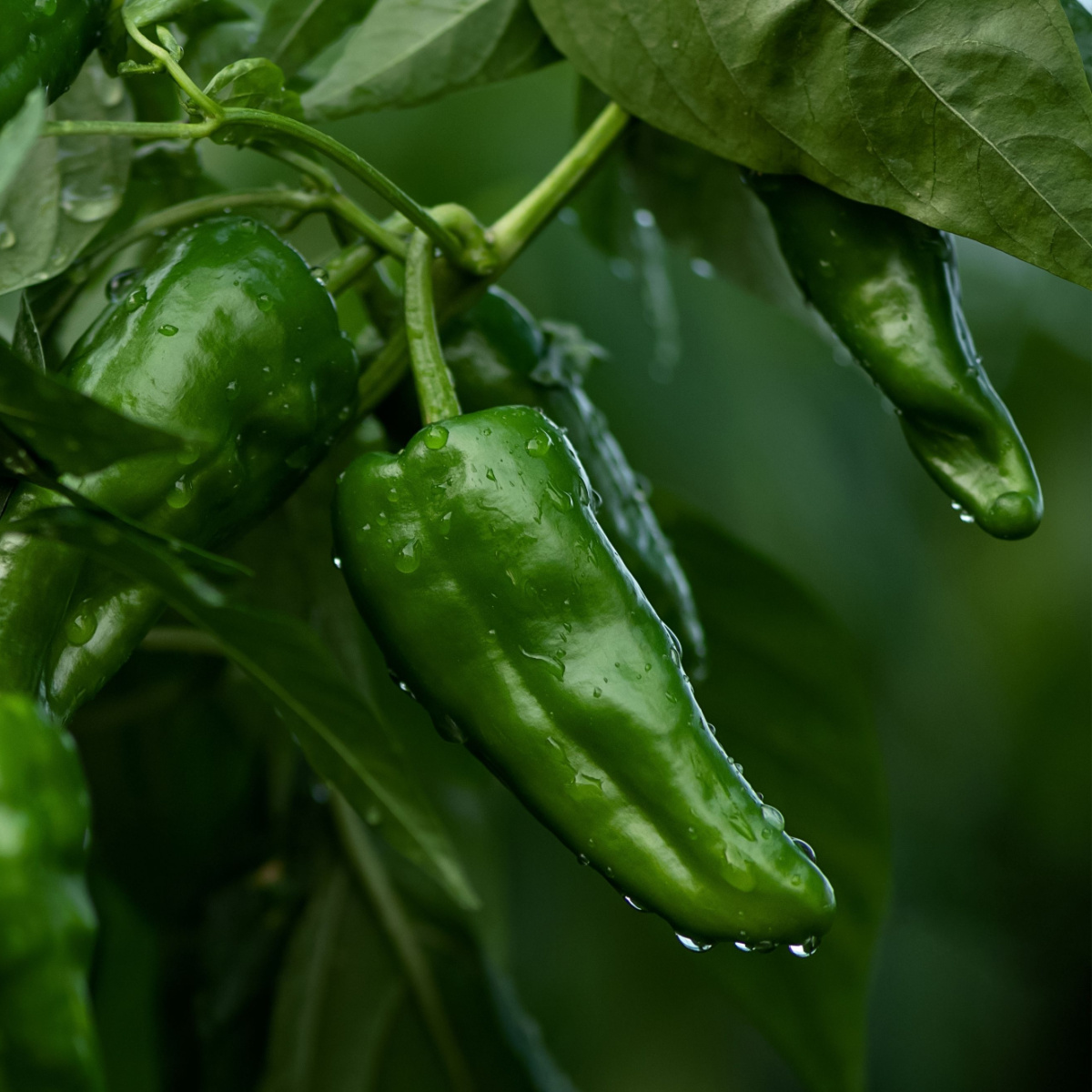Discover the Best Fertilizers for Peppers and Enhance Your Yard's Return
Discover the Best Fertilizers for Peppers and Enhance Your Yard's Return
Blog Article
Organic Vs. Synthetic Fertilizers: Which Is Best for Supporting Healthy And Balanced Pepper Plants?
In the realm of nurturing healthy and balanced pepper plants, the option between artificial and organic fertilizers stands as a critical decision with far-ranging implications. While both choices objective to provide essential nutrients to sustain plant development, the nuances of their influence on the dirt, plant health and wellness, and the environment stimulate an argument that mirrors throughout the horticulture community. Understanding the distinctive advantages and possible mistakes of each plant food type is essential for pepper farmers seeking to maximize their yields while keeping a sustainable and eco-conscious technique.
Benefits of Organic Plant Foods
Organic fertilizers provide a lasting and environmentally-friendly method to nourishing pepper plants, offering important nutrients without the use of synthetic chemicals. These all-natural plant foods are obtained from organic resources such as compost, manure, bone dish, and algae, promoting dirt health and biodiversity. Unlike artificial plant foods, natural alternatives release nutrients gradually, making sure a steady and balanced supply for pepper plants to grow.
One significant advantage of organic fertilizers is their capacity to improve soil framework and water retention. By enhancing dirt health, natural plant foods promote beneficial microbial activity, which aids in nutrient uptake by pepper plants. Furthermore, natural fertilizers minimize the risk of chemical run-off, securing water resources from pollution and safeguarding the atmosphere.
Furthermore, organic plant foods contribute to lasting dirt fertility by promoting the growth of helpful dirt microorganisms. These organisms assist damage down natural matter, releasing nutrients in a type that is quickly obtainable to pepper plants. best fertilizers for peppers. By fostering a healthy soil environment, organic fertilizers support sustainable pepper growing methods that benefit both plants and the environment
Drawbacks of Synthetic Plant Foods
Synthetic fertilizers, in comparison to their organic equivalents, pose different downsides when used to nurture pepper plants, influencing both plant health and wellness and ecological sustainability. One major downside of synthetic plant foods is their tendency to seep nutrients from the soil quickly.
In addition, the overuse of synthetic plant foods can add to water contamination. Excess fertilizers not taken in by plants can remove into water bodies, bring about eutrophication, where algae blossoms diminish oxygen levels in the water, harming marine life. Artificial fertilizers are normally obtained from non-renewable sources, such as fossil fuels, adding to carbon emissions and ecological deterioration throughout their production.
Nutrient Absorption Contrast
When comparing synthetic and organic plant foods in terms of nutrient absorption, natural plant foods have the advantage of providing a much more well balanced and slow-release resource of nutrients. Organic plant foods have a selection of macro and micronutrients that are not only useful for the plants yet additionally advertise healthy dirt microbial task, which assists in nutrient uptake.
Additionally, organic fertilizers enhance dirt framework and water retention capability, allowing pepper plants to access nutrients extra successfully. This enhanced soil quality facilitates origin growth, allowing much better nutrient absorption. Synthetic plant foods, although at first increasing plant development as a result of their high nutrient concentrations, may impede long-term nutrient absorption by derogatory soil health with time.
Ecological Influence Factors To Consider

On the various this contact form other hand, synthetic plant foods, although frequently even more immediately readily available and focused to plants, can have harmful results on the atmosphere if not used correctly (best fertilizers for peppers). Their manufacturing needs high energy inputs, causing greenhouse gas emissions and adding to climate adjustment. Furthermore, the drainage of excess synthetic plant foods can contaminate water resources, resulting in eutrophication and damaging marine ecological communities.
Ideal Plant Food Practices for Peppers
When feeding pepper plants, maximizing nutrient uptake and decreasing ecological effect are essential considerations. To achieve this, it is essential to follow ideal plant food methods tailored to the specific demands of pepper plants. One crucial technique is to execute a dirt test prior to using any type of fertilizers. This test can figure out the pH degree of the soil and determine any type of nutrient shortages, guiding you in selecting one of the most ideal plant food solution.
An additional crucial method is to fertilize pepper plants at the best time. Generally, peppers gain from receiving fertilizer at growing and afterwards once again when they start to blossom. Over-fertilizing can bring about vitamins and mineral discrepancies and hurt the plants, so it is vital to follow advised application prices.
In addition, choosing a balanced fertilizer with an NPK ratio that fits pepper plants' needs is basic. Ultimately, integrating natural and synthetic fertilizers deliberately can assist nurture healthy and balanced pepper plants while reducing environmental effect.
Verdict

Organic fertilizers use a lasting and environmentally-friendly technique to beneficial pepper plants, offering crucial nutrients without the use of synthetic chemicals. Unlike synthetic plant foods, natural options release nutrients gradually, making certain a stable and well balanced supply for pepper plants to flourish.
Artificial plant foods, in comparison to their natural counterparts, position different negative aspects when used to nurture pepper plants, impacting both plant health and environmental sustainability. When comparing natural and artificial plant foods in terms of nutrient absorption, organic fertilizers have the advantage of supplying an extra well balanced and slow-release resource of nutrients.Moreover, natural fertilizers improve dirt framework and water retention capacity, allowing pepper plants to gain access to nutrients a lot more successfully.
Report this page